We live in a world that is constantly racing! Racing against the clock in all aspects of life. We are racing to get to places, racing to get ahead at work, racing to experience life on multiple fronts. In all this racing, we take many things for granted – a key one being sleep. At the core we understand that our body needs sleep to refresh and rejuvenate, but most of us don’t do a good job of getting quality sleep. We dismiss the impact of poor quality sleep on our personal and professional lives.
A classic example of a person who dismissed the importance of sleep in order to succeed is Arianna Huffington, the Founder of Huffington Post. Arianna deprived herself of quality sleep in order to grow and achieve success in her career. She found herself constantly tired as she went about her days. It was not until she fainted from exhaustion, did she realize how much she had abused her body by depriving it of quality sleep! For Arianna, it was a wakeup call indeed and she decided to make it her mission to make others aware of the importance of sleep. Her book The Sleep Revolution is a good read on the subject.
What about the rest of us? Let us not wait until we faint from exhaustion to pay importance to this core human need. The lack of quality sleep can cause a serious impediment to your professional and personal growth. Before we explore some tips on how to improve our quality of sleep, let us look at the impact of sleep in our lives and how it can help pave the way for professional success.
Why Sleep?
Sleep serves as a daily reset button for our bodies. It brings all our systems to ground zero every night. Well-rested systems are crucial for the proper functioning of our bodies. According to the National Sleep Foundation, sleep brings down our cortisol levels, our bodies work on muscle repair and hormones for regulating appetite and growth are released. Without the regulation of these hormones, you could find yourself feeling hungry more often. Less sleep may lead to weight gain! Let’s not forget how a lack of sleep affects the way we look. The puffy and dark circles, the droopy shoulders and the overall tiredness are definitely not head turners.
The impact sleep or the lack of it has on our brains is astounding. Several years ago, I was in a state of constant sleep deprivation. I would wake up constantly at night to check on my younger child and hardly got a decent stretch of sleep. Every morning I would feel so groggy and tired and would always not want to go to work. I remember all those times when I would drive in Atlanta traffic wishing I could pull over on the highway and sleep. Even at work especially in the afternoons, I would find myself wishing for a bed. The wish remained a wish always. I would contemplate sneaking to the mother’s room and getting a few minutes of shut eye. I never did have the guts to do it and I would pull through the day somehow. Lack of sleep makes us feel mentally dull and lethargic. Our brains are not functioning anywhere close to full processing speed. We are not able to make and take decisions, not able to focus and may find ourselves constantly frustrated and irritated by others. For most of us, our professional lives are full of moments where we need to focus and be alert and make and take decisions. Without the right quality of sleep, we are setting ourselves up to perform at a subpar level and fail.
How Sleep?
Gone are the days when we just put our head down and slept! Now thanks to the influx of technology and the constant busy-ness of our lives, we have to teach ourselves to sleep the right way in order to get the right quantity and quality of sleep. Research suggests that adults need about 8 hours of sleep every night. In order to obtain a quality sleep it is important to identify your body’s natural sleep patterns and be cognizant of going to sleep at about the same time and waking up at the same time. In addition, establishing a good pre-sleep routine and a morning wake up routine aids in getting the most of your sleep.
Casper, the global sleep brand, has created some great downloadable reminders to help us achieve our sleep goals.
Here are 8 things to help us with our sleep:
- Banish Anxiety : Anxiousness can lead to problems in falling asleep and staying asleep. A great way to rid yourself of anxiety is to meditate before you sleep. Its best to avoid using devices atleast 30 minutes before you go to bed. Either put your device on airplane mode if you want to use a meditation app, so that you are not privy to the emails or social media notifications or learn to meditate without a device. Another great way to wind down is to write in a journal and express gratitude for atleast one good thing that happened that day.
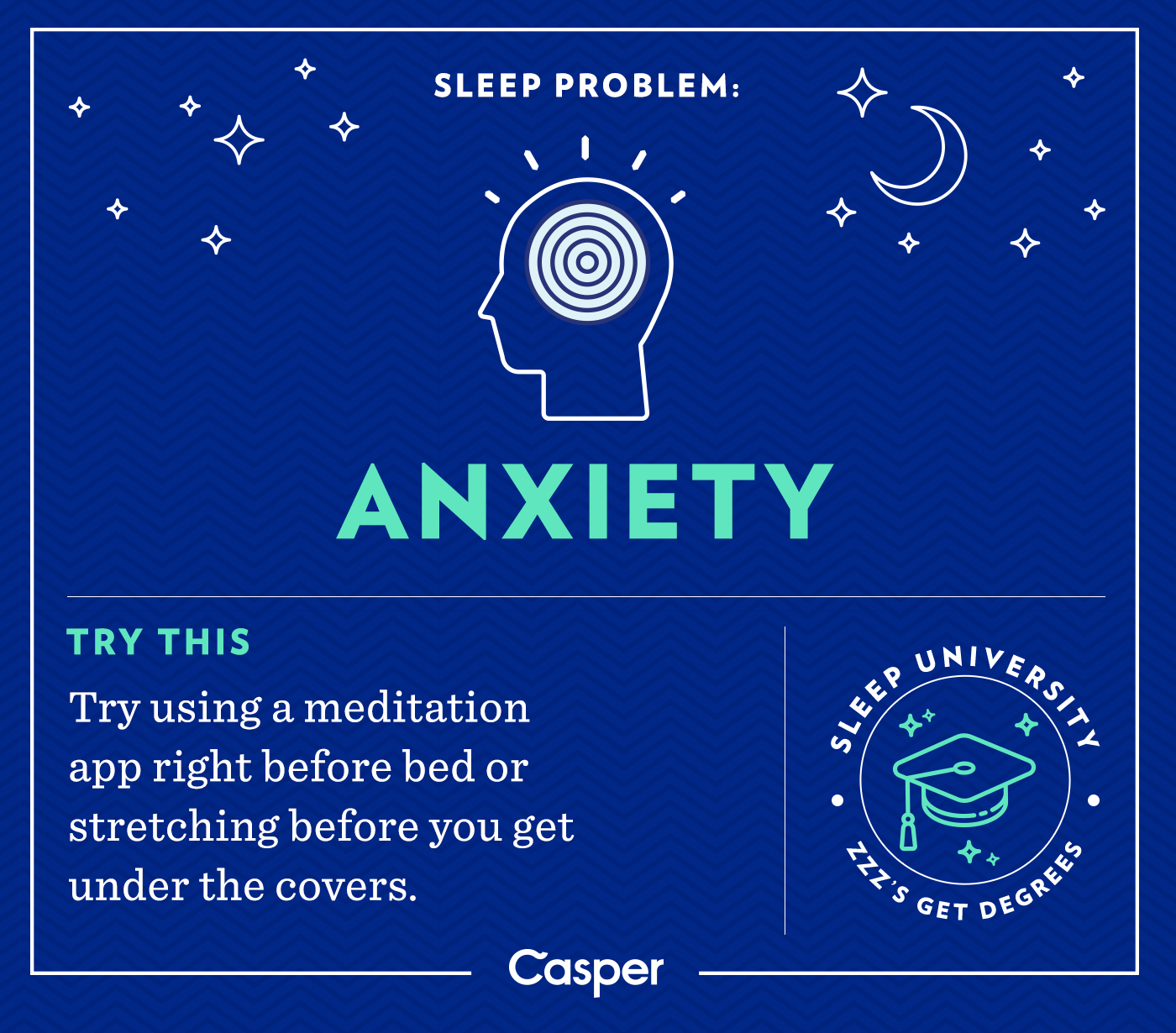
- Busy Mind: The constant chattering of our monkey minds and the inability to quieten it causes discomfort in falling asleep. In order to help quieten the chatter, Casper suggests we go through pre-bedtime routine. Some typical elements of a pre-bedtime routine include: journaling, gratitude journaling, dumping all your thoughts on to paper, making to do lists for the next day, reading a light fiction book and listening to soft music.
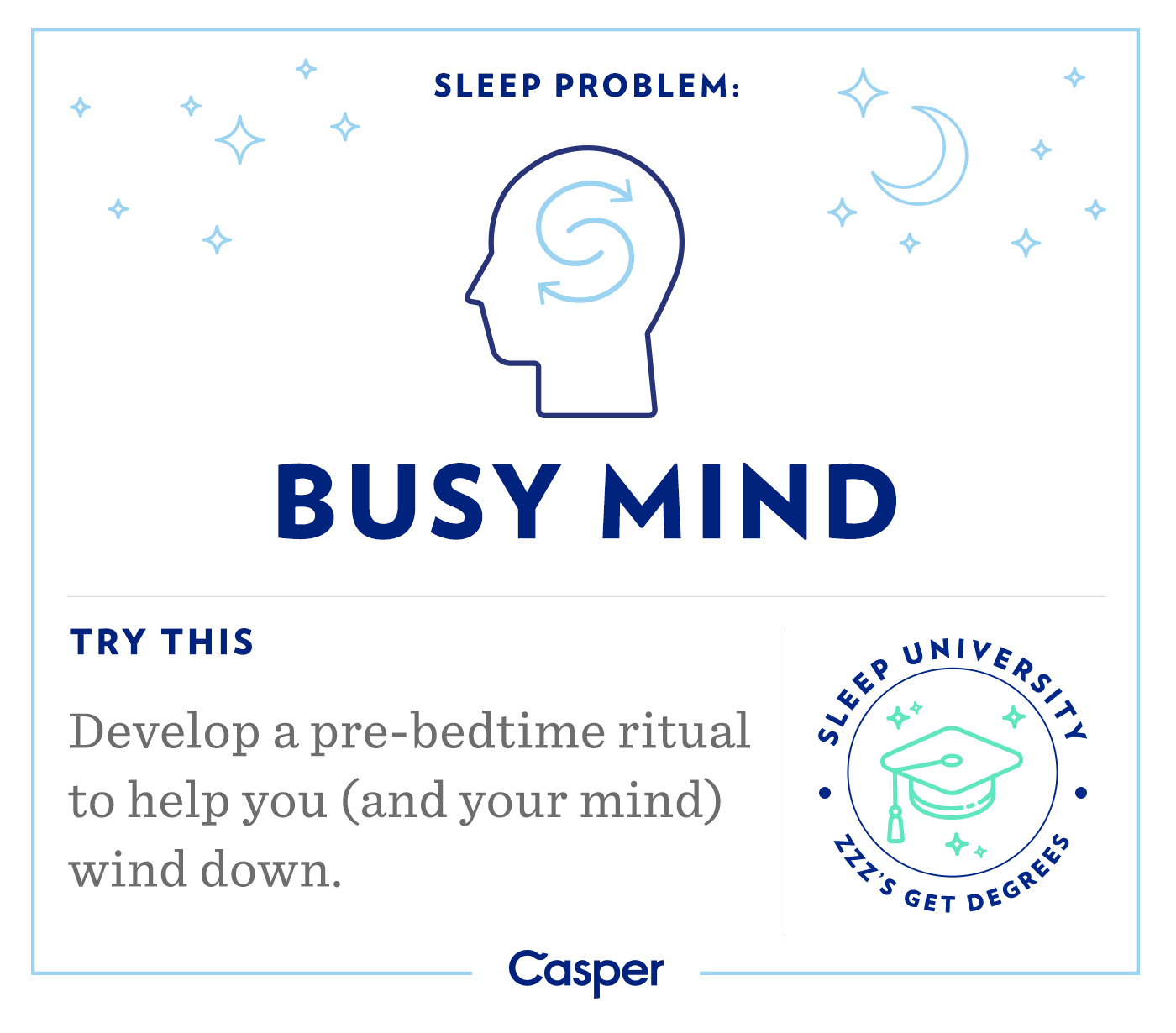
- Discomfort: Choosing the right mattress plays a critical role in getting a good night’s sleep as well. Understand what type of mattress suits your body. Most people prefer a semi-firm to a firm mattress. Talk to experts in the industry such as Casper who can help you with identifying the right type of mattress for your body type. The right bedding and sleep wear also contribute to the comfort level. Personally I prefer cotton sleep wear and bedding as it is the most breathable fabric.
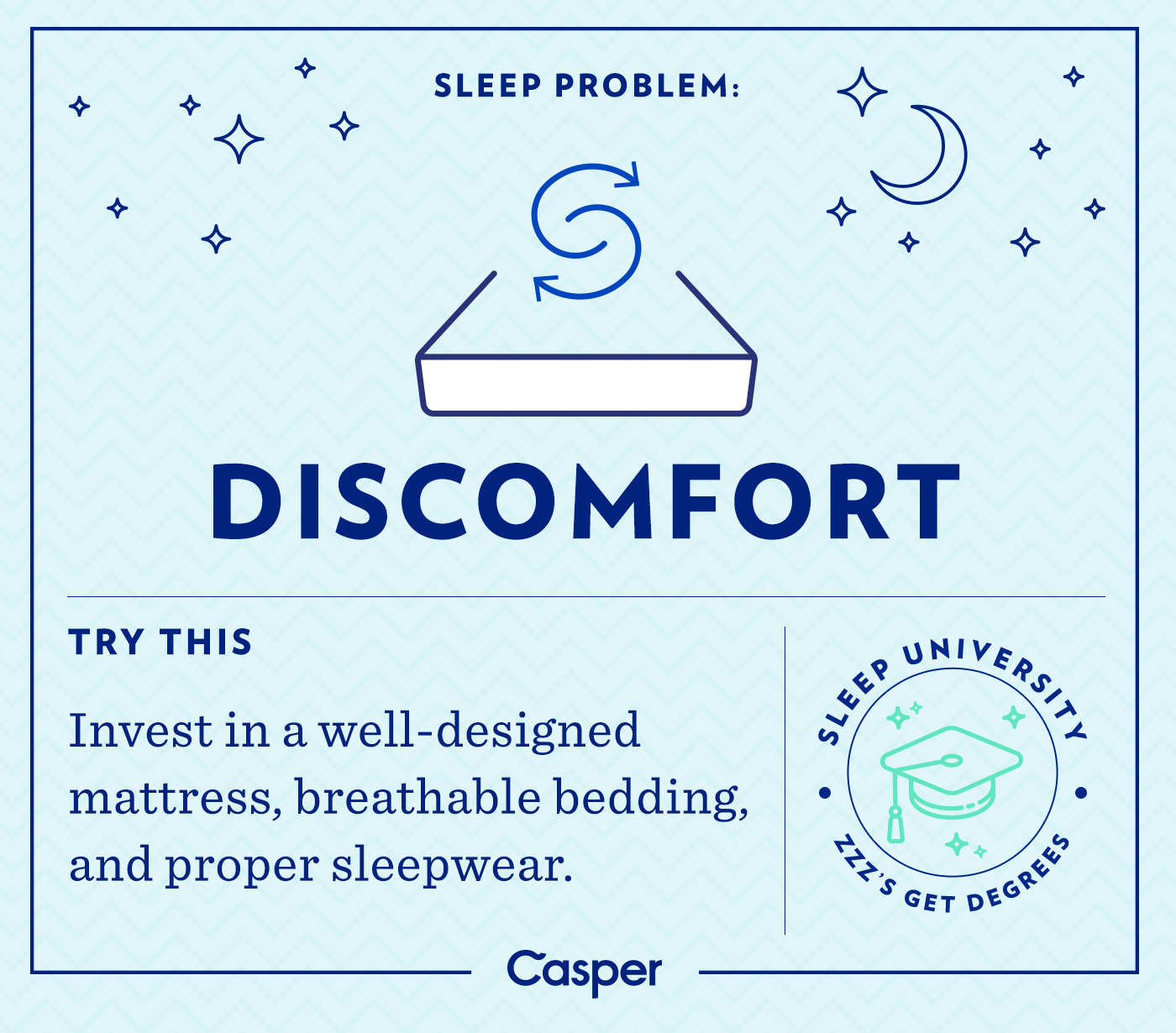
- Hunger: Have you indulged in or heard of the late night fridge raids or the ice cream and chips snacking? Depending on your dinner time, it is not uncommon to feel hungry about the time you are trying to fall asleep. If you have dinner at around 6PM, you may be hungry by 10-10.30 PM right about the time you are falling asleep. Prevent this by having a carb heavy snack a couple hours before you sleep. It is best to have dinner 3 hours before bedtime to avoid snacking.
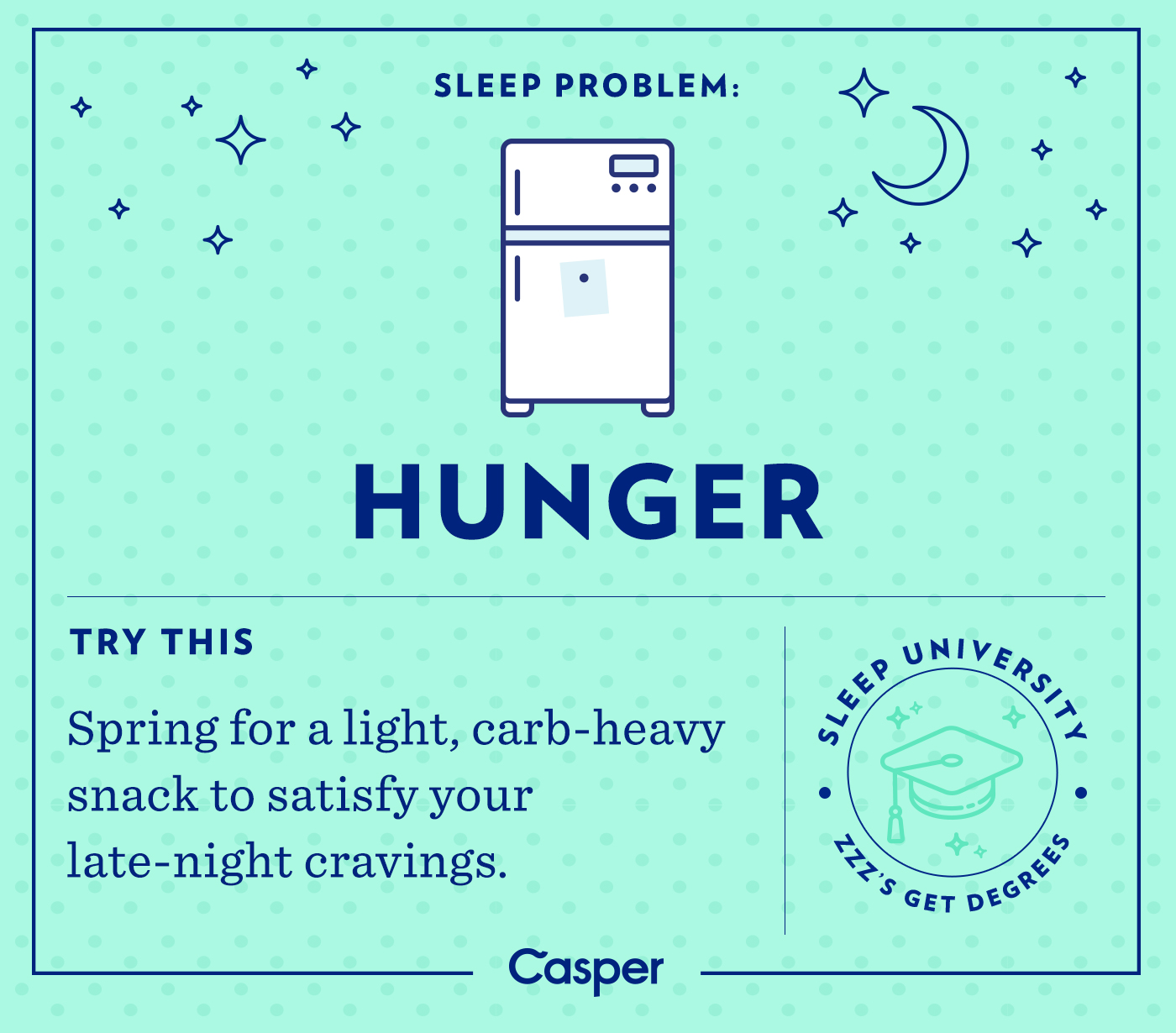
- Noise: Some of us are sensitive to noise and even the slightest noise when trying to fall asleep may hinder us. I know that because I am sensitive to new places, new beds, noises etc when I fall asleep. The best way to overcome this is to invest in a white noise machine such as this Homedics one or this Marpac one. Apps on the phone work too but it would be best to avoid bringing technology devices into the room.
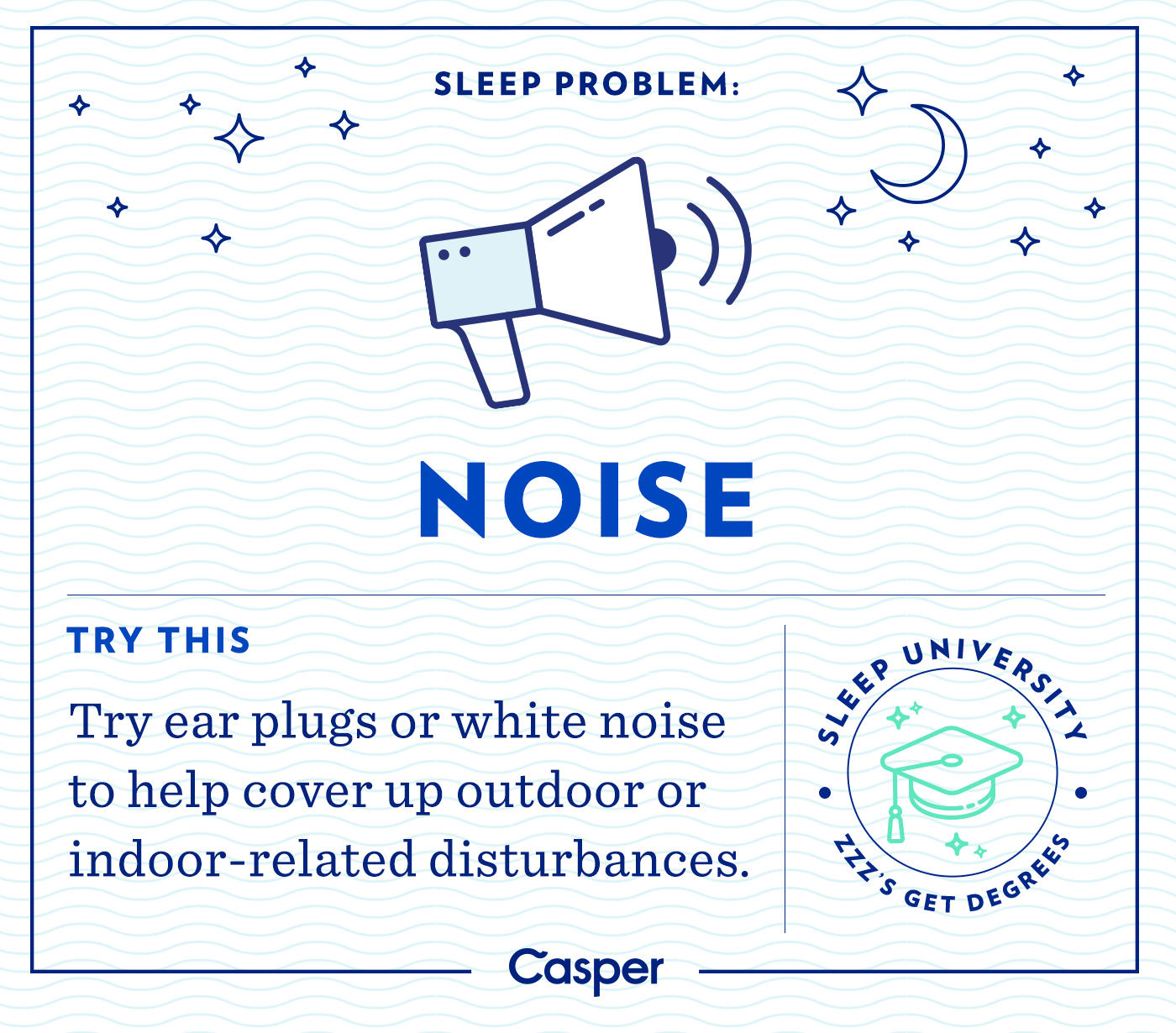
- Not tired: Physical activity during the day aids in getting a good night’s sleep. A non active body struggles to fall asleep. If you have not been able to indulge in physical activity during the day, avoid using technology devices before bed time. A good book or magazine can help in bringing on the zzz’s.

- Sunday night Insomnia: Most of us have different schedules in the weekends than the weekdays including sleeping later than normal and waking up late. No wonder our body is unable to go to sleep at the weekday time on a sunday night! which leads to waking up groggy on Monday. Grogginess and monday morning blues is not a welcome way to start the week! As much as possible try to sleep and wake up at the same time on week nights as well.
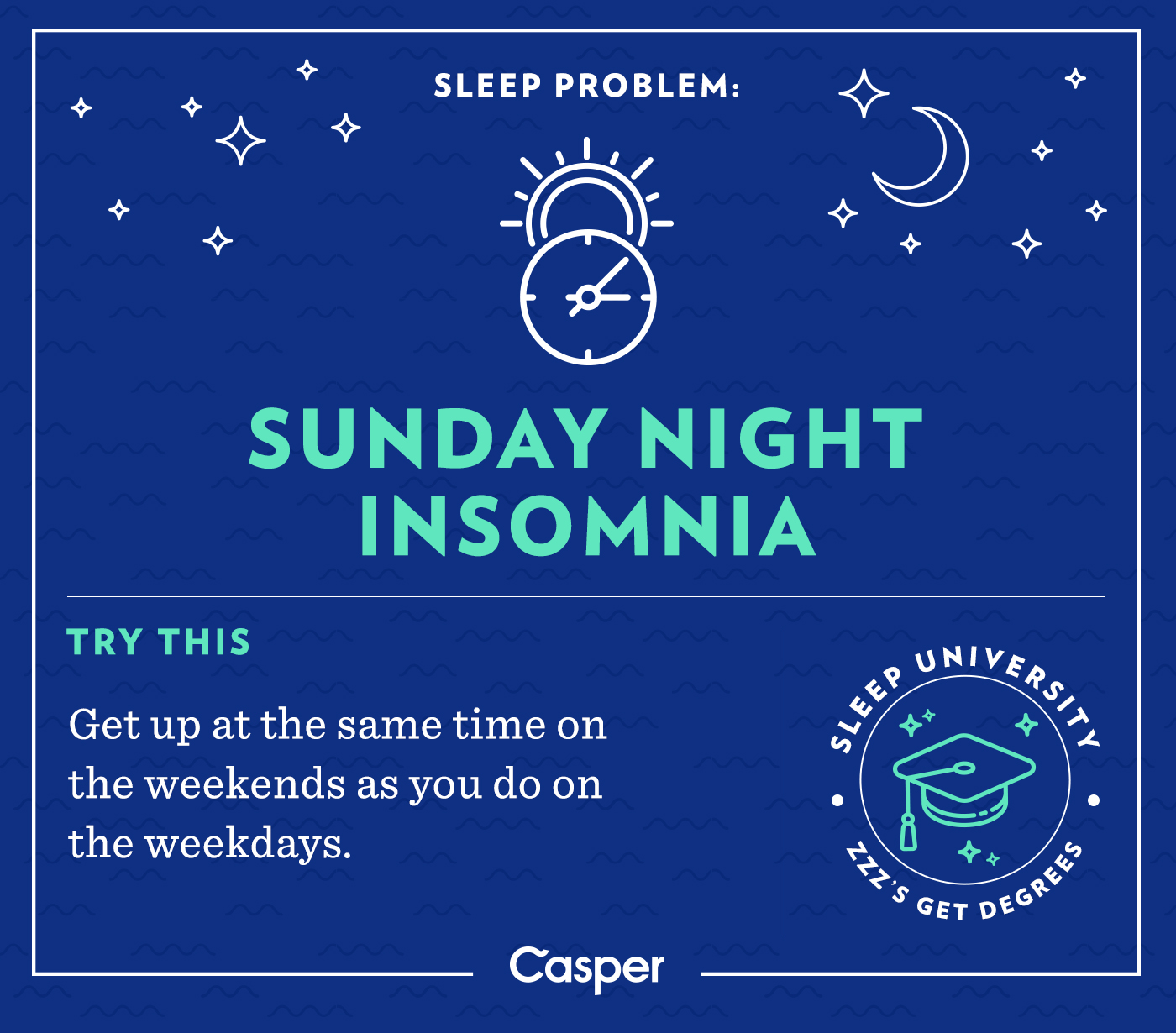
- Temperature: A cool environment helps in sleeping well. Research suggests the ideal temperature is about 65 degree Fahrenheit to fall asleep. Personally, that is a little cold for me and I keep it around 70-72 degree to get my zzz’s.
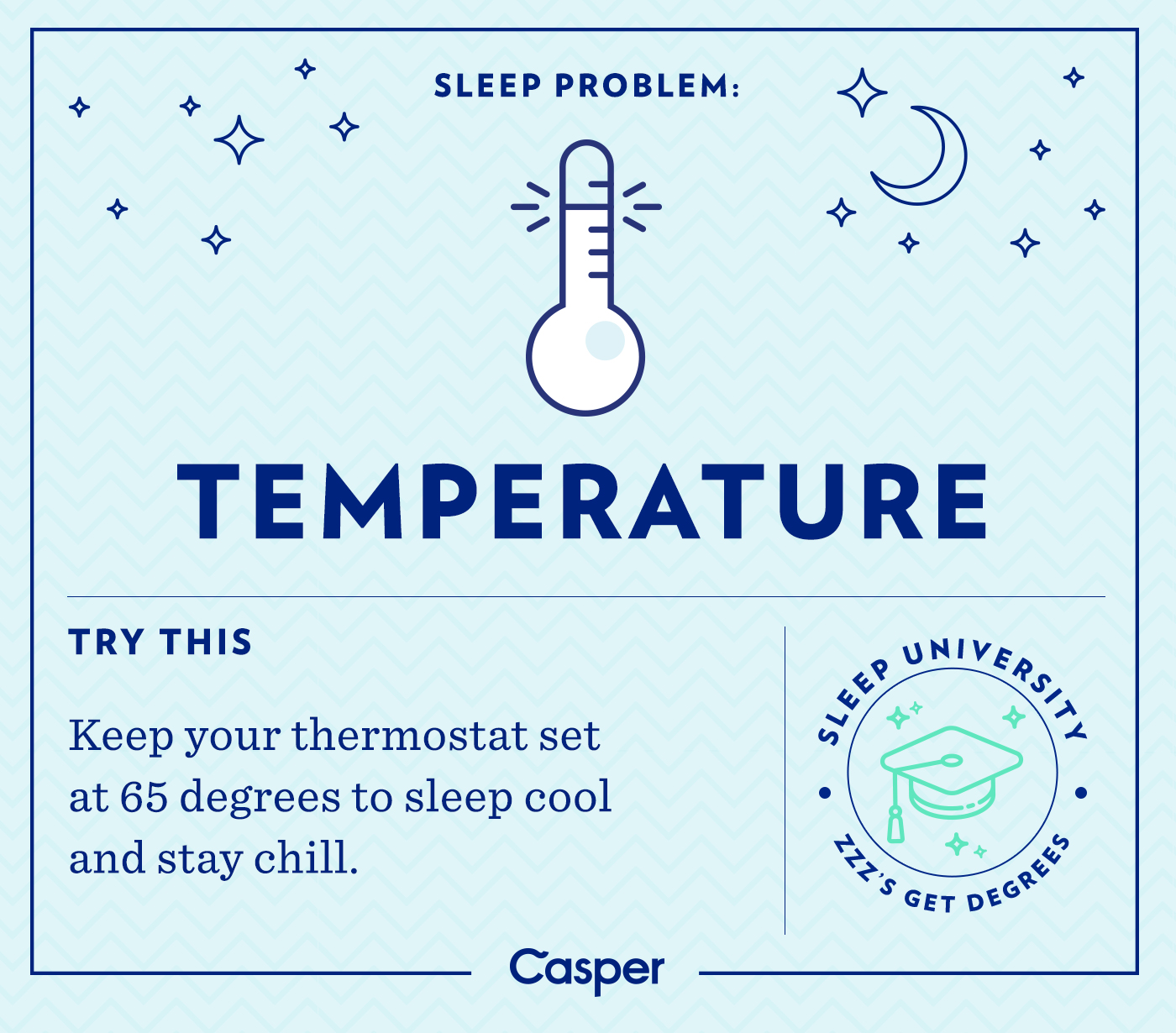
Ever since I have understood the impact of sleep on my body and my professional life, I do my best to give it the attention it deserves to the point that I even carry my pillow on every trip I take! Let’s sleep and thrive and climb our way to the top with these 8 tips.
Leave a Reply